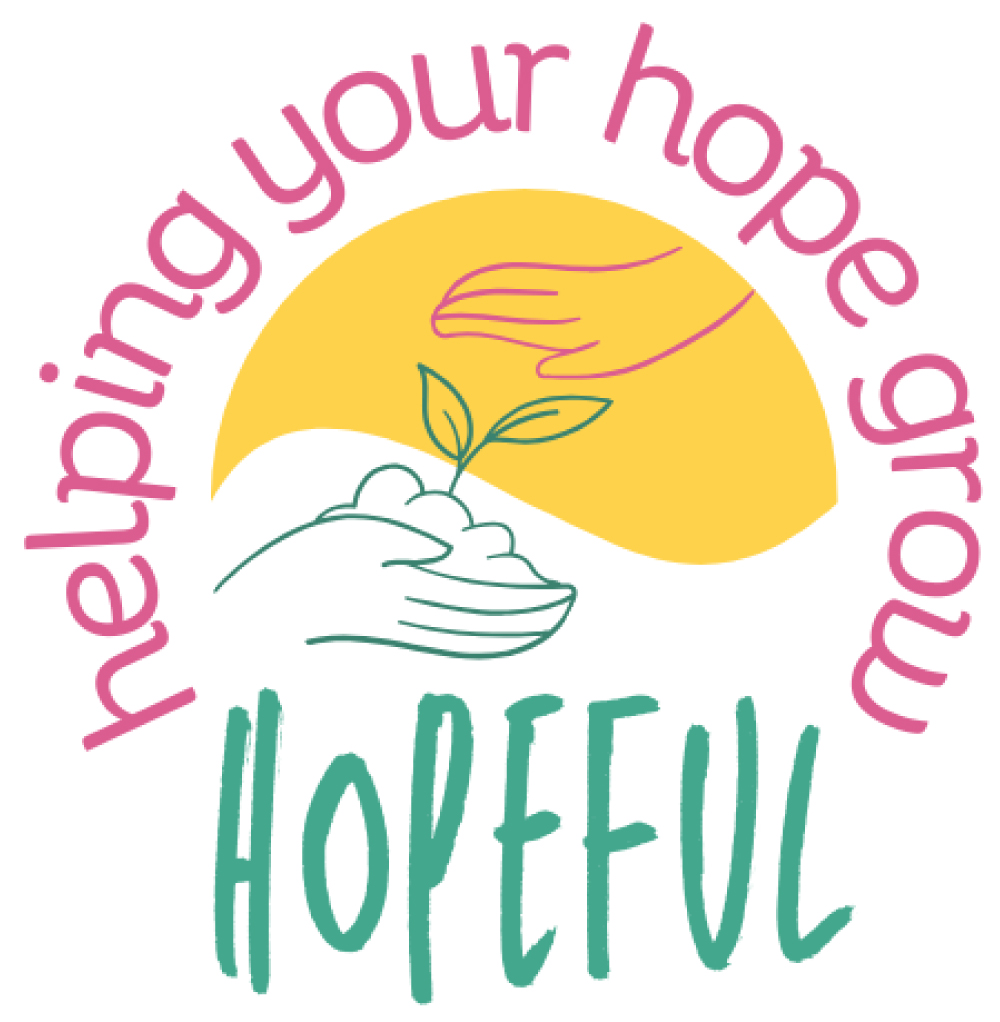H – Hope-enhancing
Being hope-enhancing is about believing in the young person, focusing on their strengths and efforts, gently triggering their sense of hopeful thinking, and encouraging them.
- Believing in the young person
Young people may start HOPEFUL without having much hope. Being a HOPEFUL mentor starts with you feeling hopeful for them, and holding this hope whilst they work on developing their own. Try to connect with a sense of this young person reflecting lots of possibility and potential – know that they will have already overcome adversity in their life and that everyone has the ability to work towards their goals in the future.
- Focusing on strengths and efforts
Hope helps us to reach goals, but no-one will meet all of their goals no matter how hopeful they are. Help young people to focus on the journey, rather than the end destination. This means supporting them to enjoy and value the small steps they take towards a positive future.
Being hopeful also doesn’t mean ignoring problems or barriers, or pretending they aren’t there. It helps to acknowledge the problems that young people face, but to support them to believe they have lots of resources (inside and around them) that can help them overcome challenges.
To have someone believe in your potential to change, that makes you feel so much more hopeful about yourself improving and the situation improving.
- Gently triggering hopeful thinking
Young people have said it is overwhelming to immediately focus on hope. HOPEFUL has been designed to start by helping young people to feel a bit more purposeful and positive before they work on their hope directly. You can help get them ready to work on hope from the beginning though. Gently draw their attention to when they show hopeful qualities, e.g., being motivated or resilient, learning from past experiences, and overcoming challenges. It will help to do these things without explicitly talking about hope, but knowing that you are building up positive examples that you can later drawn on.
- Being encouraging
Young people have told us that they prefer language that focuses on “goals” and “efforts” and they prefer to avoid language like “success” or “achievement”. It will really help young people if you explicitly reinforce efforts made, e.g., congratulating them on trying hard at a task or completing a takeaway activity.
Encouragement just gives you a boost of confidence and that’s quite important going through the stages to feel, within yourself, that you’re doing okay.
